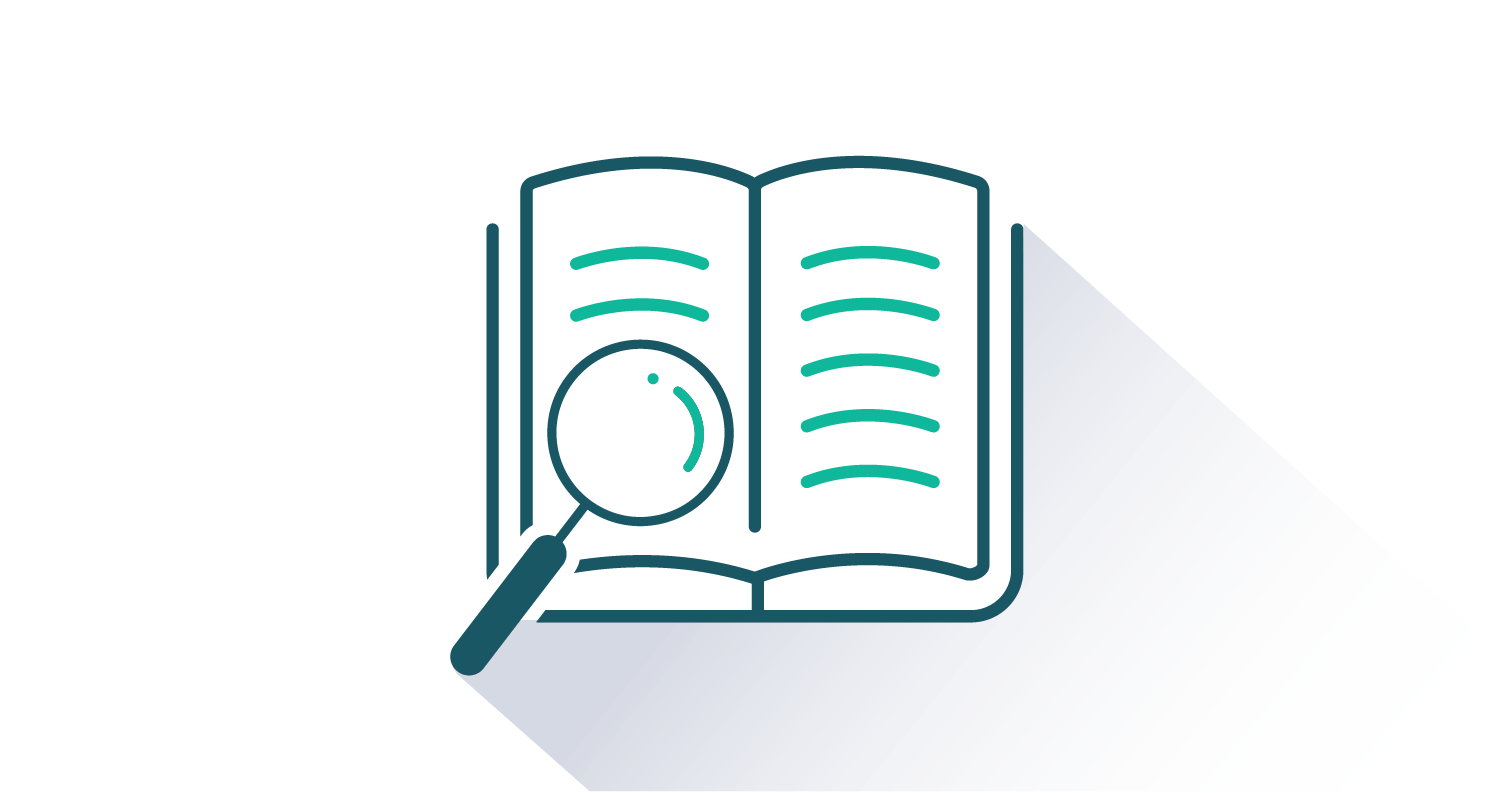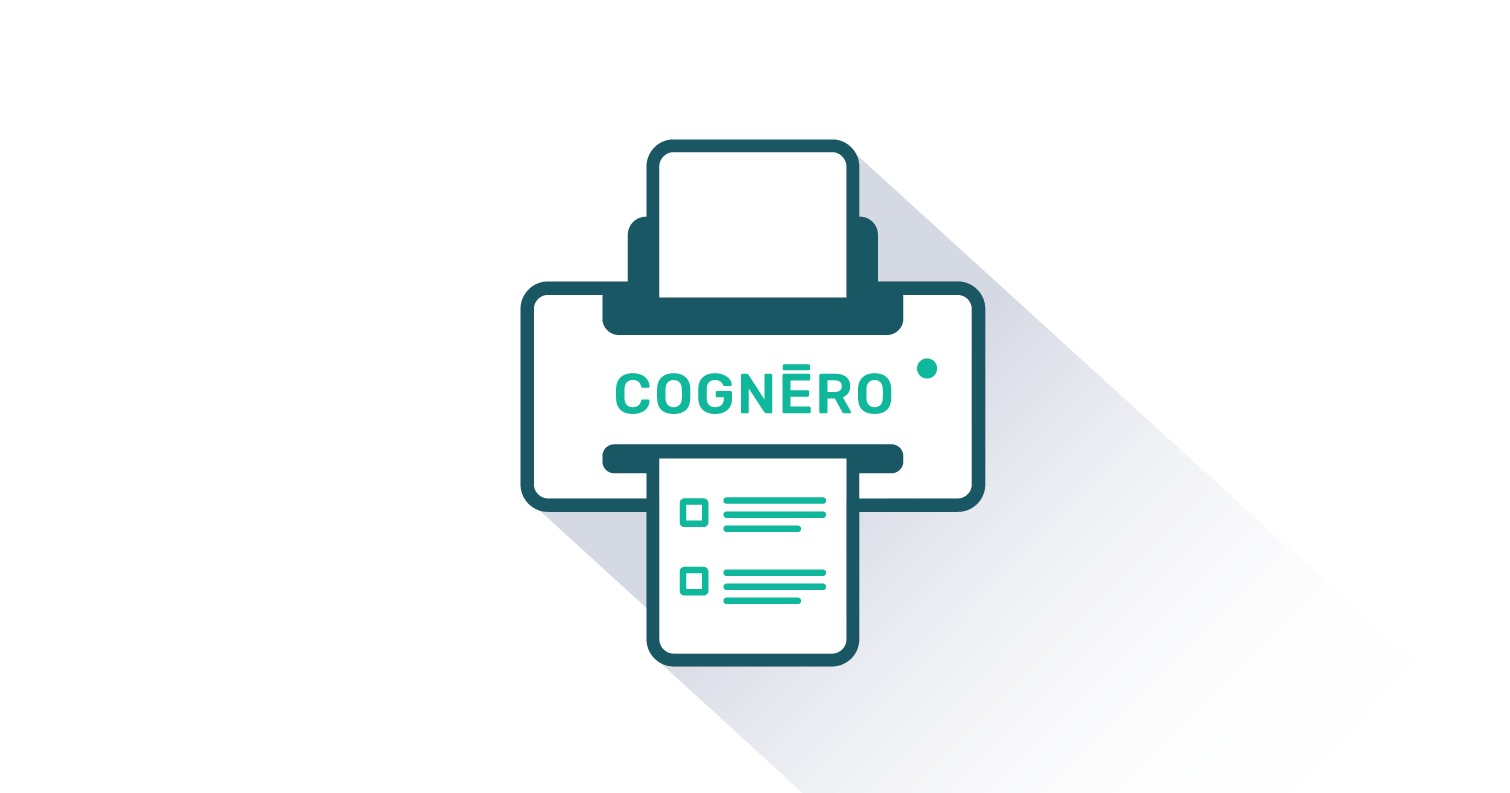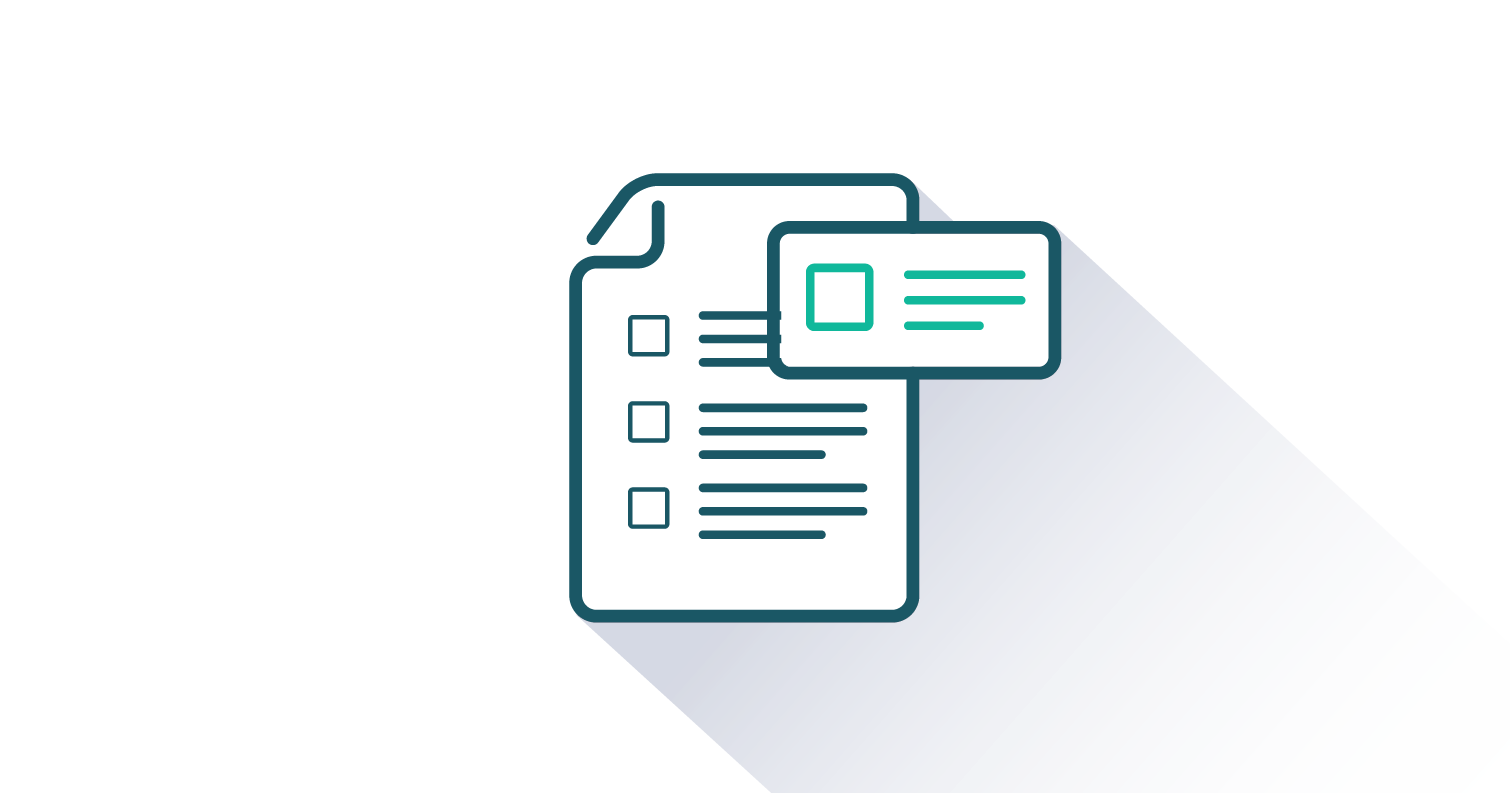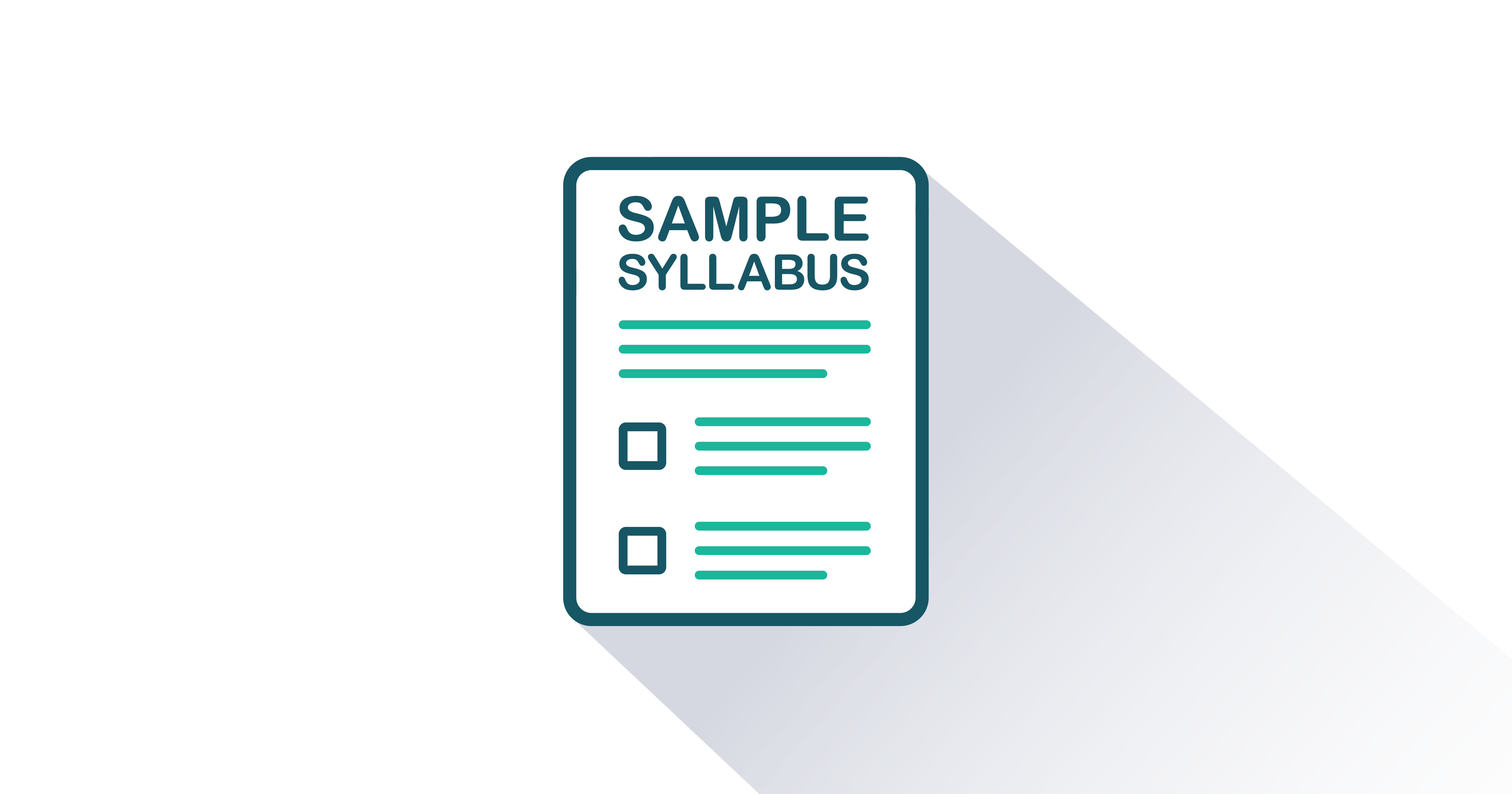- Published
- July 2020
- Page Count
- 664
- ISBN (Digital)
- 978-1-4533-3601-4
Introduction to Psychology
Version 3.1
By Charles Stangor
Included Supplements
Key Features
- Includes Information about COVID-19
- Core themes of action and empiricism hold students’ attention and provide a strong basis for the science of psychology.
- Rich learning structure:
- Chapter Openers to Stimulate Student Interest. Each chapter showcases an interesting real-world example of people who are dealing with psychological questions and who use psychology to help them answer those questions.
- Learning Objectives. Each main chapter section lays out the learning objectives for that section.
- “Psychology in Everyday Life.” Each chapter contains one or two features designed to link the psychological principles to real-world applications in business, environment, health, law, education, and other relevant domains.
- “Research Focus” Features Reinforce the Importance of Empiricism. Each chapter presents two close-ups on research, including a summary of the hypotheses, methods, results, and interpretations. This feature emphasizes findings are not always predictable ahead of time to help students understand how research really works.
- Quiz Questions. A set of quiz questions is found at the end of every main chapter section. Students can use these to test their learning. Frequent testing is a key to student success and these quizzes help meet that objective.
- Marginal Glossary of Key Terms. Placing the key terms in the margins allows students to easily review them by skimming through the text.
- Key Takeaways. Students can review the highlights of the chapters.
- Exercises and Critical Thinking Activities. Thought questions that can be used to stimulate discussion and help students form opinions about the chapter section content.
Students
- Online Access Price
- $36.95
- Color Printed Textbook with Online Access Price
- $63.95
Introduction to Psychology is suitable for courses called Introduction to Psychology, Principles of Psychology, Survey of Psychology, or for any basic psychology course that provides an overview of the discipline. The course is generally taught at the undergraduate level at most two- and four-year colleges and universities.
Introduction to Psychology is a concise and conceptual introduction to the fascinating subject of psychology. Featuring a central theme of action—predicting our own actions and those around us—this book grabs students’ attention and does not let go. A strong underlying secondary theme of empiricism unifies the narrative under the umbrella of psychology as a science. Its standard, fourteen-chapter organization (and a final chapter with answers to quiz questions) makes this textbook an ideal choice for a typical semester- or quarter-long course.
New in This Version
Version 3.1 includes information about COVID-19
How does the coronavirus affect the body outside of its effects on the respiratory system? (Chapter 3: Brains, Bodies, and Behavior)
How do people accurately or inaccurately perceive the risks of potentially dangerous social engagement during the pandemic? (Chapter 4: Sensing and Perceiving)
How are family relationships strained as a result of stay-at-home quarantines? (Chapter 6: Growing and Developing Across the Lifespan)
COVID-19 is more deadly for the elderly than for younger people, although young people can become severely ill. How do these differences influence and mental health of people at different ages? (Chapter 6: Growing and Developing Across the Lifespan)
How do people deal with the grief that comes with the losses of loved ones to COVID-19? (Chapter 10: Emotions and Motivation: Happiness, Stress, Health, Eating, and Sex)
How is the pandemic contributing to stereotyping, prejudice, and discrimination? (Chapter 11: Psychology in Our Social Lives)
Will the pandemic lead to a breakdown of social norms or will it merely change social norms? (Chapter 11: Psychology in Our Social Lives)
Will the pandemic create closer ties to neighbors and family as we work together to protect and care for each other? (Chapter 11: Psychology in Our Social Lives)
How are people using religion and support groups to help them cope with the pandemic? (Chapter 11: Psychology in Our Social Lives)
How does the lack of direct social contact affect our relationships with others and can online relationships through social media and Zoom meetings replace that contact? (Chapter 11: Psychology in Our Social Lives)
What mental health problems, including anxiety, depression, and PTSD does the COVID-19 health crisis create and how can people effectively cope with them? (Chapter 13: Defining Psychological Disorders)
How can psychologists best treat psychological disorders caused by the pandemic to prevent suicide and other negative behaviors? (Chapter 13: Defining Psychological Disorders)
Are online psychotherapy programs as effective as in-person treatments? (Chapter 14: Treating Psychological Disorders]
Supplements
- Instructor Manual
- Test Item File
- Test Generator - Powered by Cognero
- Test Bank Files for Import into Learning Management Systems
- PowerPoint Lecture Notes
- FlatWorld Homework System
- Sample Syllabi
- About the Author
- Acknowledgments
- Preface
-
Chapter 1: Introducing Psychology
-
Chapter 2: Psychological Science
-
Chapter 3: Brains, Bodies, and Behavior
-
Chapter 4: Sensing and Perceiving
-
Chapter 5: Consciousness, Body Rhythms, and Mental States
-
Chapter 6: Growing and Developing Across the Lifespan
-
Chapter 7: Learning
-
Chapter 8: Remembering and Judging
-
Chapter 9: Intelligence and Language
-
Chapter 10: Emotions and Motivation: Happiness, Stress, Health, Eating, and Sex
-
Chapter 11: Psychology in Our Social Lives
-
Chapter 12: Personality
-
Chapter 13: Defining Psychological Disorders
-
Chapter 14: Treating Psychological Disorders
-
Chapter 15: Answers to Quiz Questions

FlatWorld Homework
FlatWorld Homework includes multi-format questions written specifically for your FlatWorld book, which you can access through our stand-alone interface or integrate with your learning management system.

Instructor’s Manual
The Instructor’s Manual guides you through the main concepts of each chapter and important elements such as learning objectives, key terms, and key takeaways. Can include answers to chapter exercises, group activity suggestions, and discussion questions.

PowerPoint Lecture Notes
A PowerPoint presentation highlighting key learning objectives and the main concepts for each chapter are available for you to use in your classroom. You can either cut and paste sections or use the presentation as a whole.

Test Generator - powered by Cognero
FlatWorld has partnered with Cognero, a leading online assessment system, that allows you to create printable tests from FlatWorld provided content.

Test Bank Files for Import to Learning Management Systems
For your convenience, we've packaged our test items for easy import into Learning Management Systems like Blackboard, Brightspace/D2L, Canvas, Moodle, or Respondus.

Test Item File
Need assistance in supplementing your quizzes and tests? Our test-item files (in Word format) contain many multiple-choice, fill-in-the-blank, and short-answer questions.

Sample Syllabi
Sample syllabi provide useful templates to help new faculty adopters revise their teaching plans to match their assigned FlatWorld textbook or lend insights to existing adopters on how to organize their classes.
DownloadAt FlatWorld, we take pride in providing a range of high-quality supplements alongside our titles, to help instructors teach effectively. Supplements are available for instructors who have registered their adoption with us. If you need to review or preview something specific, please contact us.
Already registered? Sign in here.
Additions & Errata
8/17/21: Broken video links updated in the following:
- Rooting Reflex: https://www.youtube.com/watch?v=QXGuGKL57xo
- Harlow's Monkeys: https://www.youtube.com/watch?v=vbEdNJ-e-Yc
- The Basic Emotions: https://www.youtube.com/watch?v=embYkODkzcs
